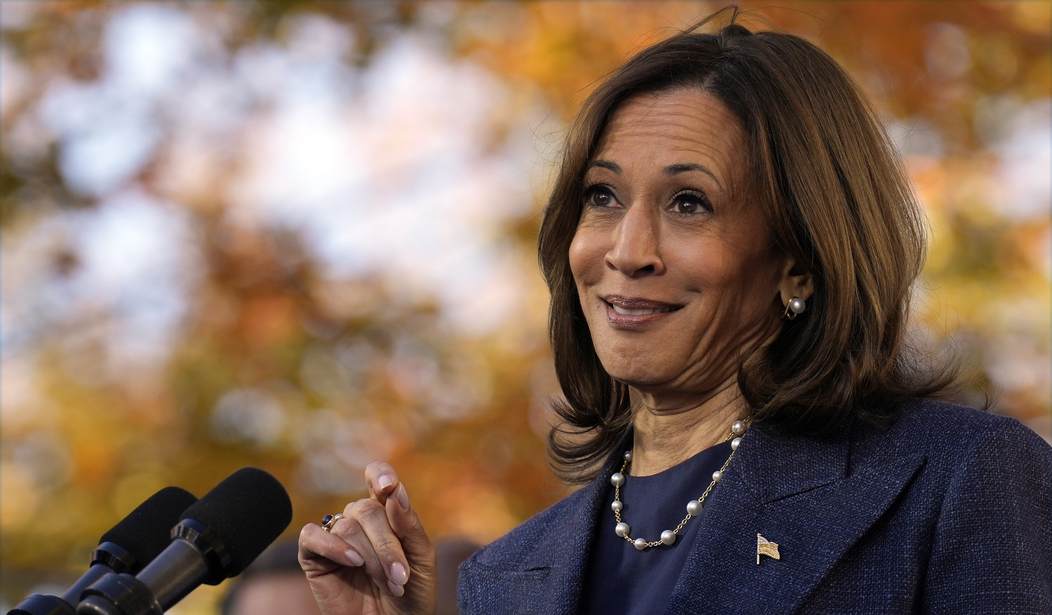They called themselves the "New Progressives," and in 2021, they had burrowed into the executive branch at every level, bound and determined to overthrow the "neoliberal" Democratic majority and substitute the politics of "Progressive Economics."
Progressive Economics is an angry ideology. The adherents are angry at big business and capitalism in general. They're in favor of aggressive anti-trust enforcement, proactive industrial policy, protectionism, and a massive increase in social spending.
That last point is what did them in. The $1.9 trillion American Rescue Plan (ARP) passed when the economy was already recovering. Economic experts like former Treasury Secretary Larry Summers wanted Biden to "tap the brakes" on stimulus spending, warning that the president risked igniting the worst inflation in 40 years.
That's exactly what happened. And thank God for it, Christian Britschgi of Reason writes. If Biden had listened to his more reasonable advisors and stopped his spending madness, inflation wouldn't have been as bad and he very well might be coasting to a second term at this point. Meanwhile, a Biden second term would have given us "Progressive Economics" with a vengeance. Overregulation, runaway anti-trust cases, "industrial policy" where the government would pick and choose winners and losers, and massive increases in social spending.
Kamala Harris has rejected most of that agenda. She runs away from most of these "post-neoliberal" ideas. "Her campaign trail overtures to big business, friendly relations with select billionaires, and a general instinct to run away from every progressive position she's ever taken (save on abortion)" have angered and depressed the radicals, writes Britschgi.
At the time, "neoliberal" economists who'd held prominent positions in previous Democratic administrations, but had been largely replaced by the New Progressive types Prokop profiles, publicly warned that the ARP was too big and would generate lots of inflation.
The New Progressives shrugged off these criticisms as reactionary snipping from careerists steaming over their loss of power and influence.
But neoliberals turned out to be right. Progressive dismissals of their warnings ended up endangering their entire political project.
The silver lining to Biden-era inflation, for all the hurt it caused, is that it might end up discrediting the New Progressive's economic policies within the Democratic Party.
“I don’t think she has an economic philosophy, and I don’t think she wants to have one until she wins the election,” one advocate in close contact with the campaign told Vox's Andrew Prokop.
That means we're still in trouble if Harris wins. But it's also likely that the radicalism of the early Biden administration is probably dead. What her campaign has shown us is that Harris is not a risk taker and even if she wins, she's going to be saddled with a Republican Senate and possibly a Republican House as well. That reality does not lend itself to bold initiatives.
Had Biden listened to the inflation hawks on spending early in his term, while still giving Lina Khan carte blanche at the Federal Trade Commission (FTC) it's quite possible that he'd be cruising to a second term right now. The post-neoliberals would have another four years to entrench their more subtly economically ruinous agenda.
While high inflation makes voters mad about the status quo, it also leads them to endorse dangerous policies to counter it.
While Harris is not running as a progressive firebrand, she has been willing to endorse radical price and rent controls to deal specifically with the problem of rising prices. If she wins in November, it's possible she'll press for those policies—and we'll have inflation to thank for that too.
A Harris presidency wouldn't be as radical as Biden's term simply because most of the radicals who almost destroyed the economy will be out of office. Biden's lessons are likely to make Harris more cautious, and a hostile Congress will put the brakes on any grand spending plans.









Join the conversation as a VIP Member